World 1745-1901
Trade and the morality of some trade such as slavery are brought into question during this period. Included here are articles providing information about the world structures and the challenges they experienced in this period. Key individuals are explored such as Thomas Payne, and how their reach was British, European and Global. In other articles the encounters with China that are taking place in the 19th century are discussed.
Sort by:
Date (Newest first) | Title A-Z
Show:
All |
Articles |
Podcasts |
Multipage Articles
-

Podcast Series: Canadian Confederation
Multipage ArticleClick to view -

Podcast Series: Modern China
Multipage ArticleClick to view -

Podcast Series: Russia and the USSR
Multipage ArticleClick to view -

Podcast Series: The British Empire 1600-1800
Multipage ArticleClick to view -
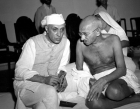
Podcast Series: The British Empire 1800-Present
Multipage ArticleClick to view -

Podcast Series: Thomas Paine
Multipage ArticleClick to view -

Polychronicon 113: slavery in 20th-century America
ArticleClick to view -

Polychronicon 121: interpretations of the American Revolution
ArticleClick to view -

Polychronicon 142: 'instructive reversals' - (re)interpreting the 1857 events in Northern India
ArticleClick to view -

Polychronicon 160: Interpreting 'The Birth of a Nation'
ArticleClick to view -
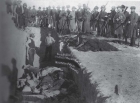
Polychronicon 173: From American Indians to Native Americans
ArticleClick to view -

Short cuts to deep knowledge
ArticleClick to view -

The Effect of Prior Knowledge on Teaching International History
ArticleClick to view -

The Indian Mutiny - Pamphlet
ArticleClick to view -

The Pennsylvanian Origins of British Abolitionism
ArticleClick to view -

The Slave trade and British Abolition, 1787-1807
ArticleClick to view -
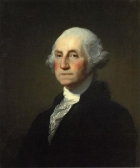
The War of American Independence
ArticleClick to view -
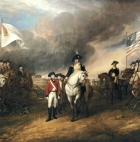
The effect of the loss of the American Colonies upon British Policy
ArticleClick to view -

The first trans-Atlantic hero? General James Wolfe and British North America
ArticleClick to view -
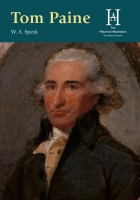
Thomas Paine
ArticleClick to view

